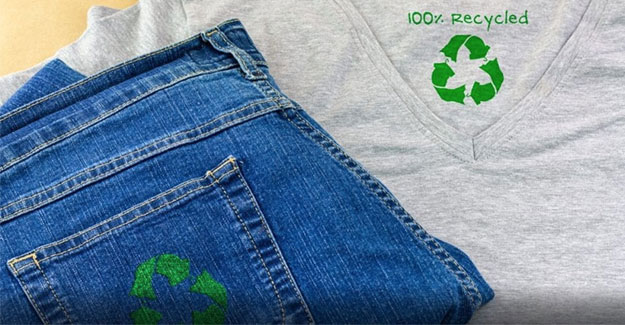
Moody's: Apparel Industry Facing Risks From Environmental And Social Scrutiny
Increasing sustainability scrutiny will create long-term challenges for many global apparel companies' credit quality and drive value chain transformation, Moody's Investors Service said in a report. Apparel production practices have a significant impact on the environment and put an increasing strain on raw material resources. These will increase input costs in the long term and erode many brand's credit quality. Apparel companies will have to transform their value chains to remain competitive. "Changing behaviour among environmentally conscious and socially aware consumers will put more competitive pressure on global fashion brands to adapt to sustainability measures. Longer-term, environmental and social factors will put the apparel industry's profitability at risk," said Guillaume Leglise, assistant vice president, analyst, Moody's Investors Service. Small brands already suffering from the pandemic will struggle to adapt, while large international brands and luxury companies including H&M, Nike, Adidas, and Ralph Lauren will fare better. Fast fashion and discount brands are the most at risk of competitive pressure as sustainability becomes more important to consumers. Regulatory challenges related to data protection are also increasing for apparel companies. Brands using online and data analytics are vulnerable to data protection risks, cyberattacks and non-compliance fines, all of which can tarnish their reputations.
Textile Excellence
If you wish to Subscribe to Textile Excellence Print Edition, kindly fill in the below form and we shall get back to you with details.








